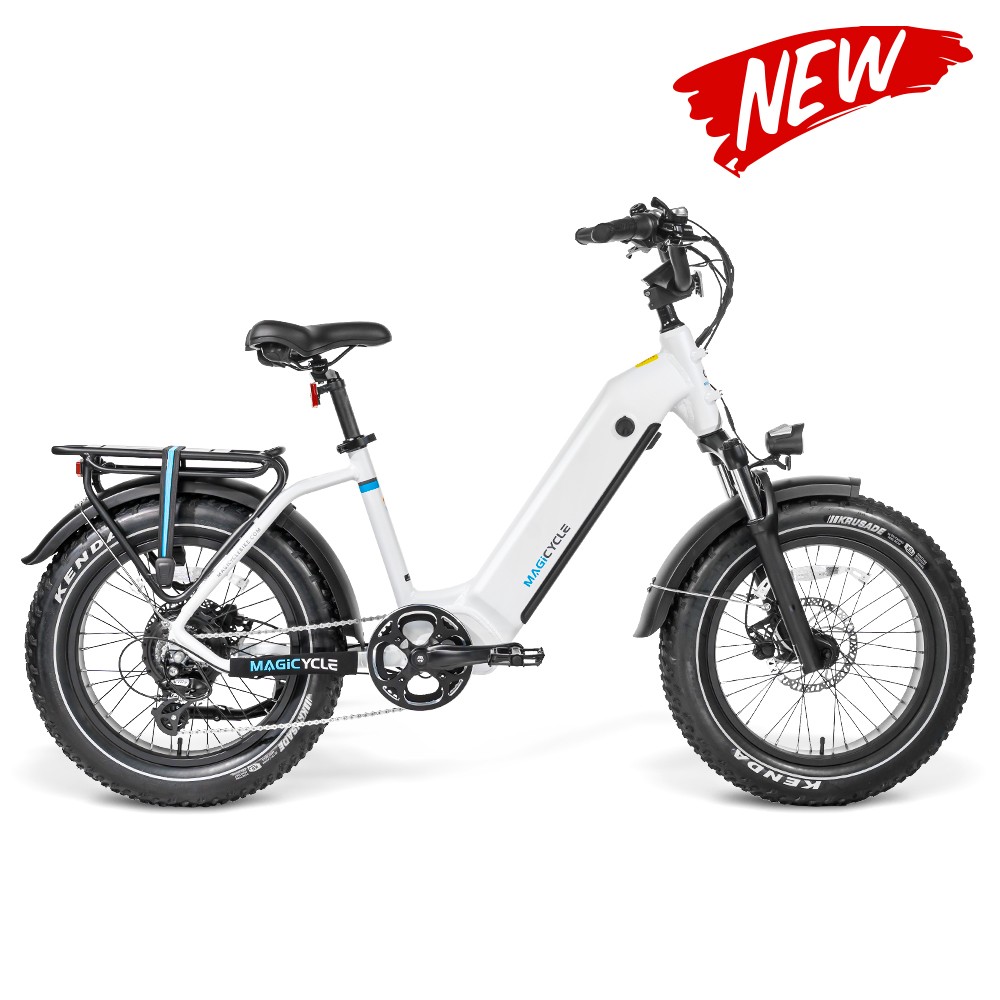Mokwheel’s Latest E-Bike Can Charge Itself And All Your Gadgets from freeamfva's blog
Mokwheel’s Latest E-Bike Can Charge Itself And All Your Gadgets
No matter how you look at it, it’s hard to fault electric bicycles for the accessible mobility they provide, especially for folks living in the urban setting. However, for those who want to go off the grid, an e-bike can be a rather difficult option to consider. For starters, you’re going to need a constant power supply to keep your batteries juiced up. As it turns out, Mokwheel has developed a solution, and it harnesses the power of the sun.To get more news about ebike battery charging, you can visit magicyclebike.com official website.
Mokwheel, a Canadian company that has been around since 2014 first started out producing electric scooters. However, the company’s founder, Denny L., wanted to push the envelope of the good old e-bike’s capabilities. The result? The Basalt, an electric motorcycle with its own power station. Technology surrounding batteries has indeed advanced leaps and bounds in the last few years. Nowadays, it’s possible to fully charge an EV battery in under one hour, thanks to the latest and greatest fast charging tech—but what about solar?To get more news about Fat Tire Electric Bikes, you can visit magicyclebike.com official website.

In the case of the Mokwheel Basalt, it’s packing a rather hefty 960-watt-hour battery pack, and in order to charge it up using the solar power generator, it makes use of a specially developed inverter. The inverter is also needed to charge up your devices such as your smartphone, action camera, and other gadgets. As for charging the bike itself, the kit comes with a set of large solar panels that can be set up virtually anywhere, which means that you won’t have to worry about setting up your camp in an area with constant power supply.
As for performance spes, the Basalt packs a 750W rear hub mounted motor that’s claimed to have a torque output of upwards of 90 Nm. In the brand’s promo video, Mokwheel claims that the Basalt can effortlessly climb hills of up to a 20-degree gradient. This surely opens doors to casual cyclists who otherwise wouldn’t have the physical capabilities of exploring trails and backroads to even more adventure. That said, the Basalt is by no means a featherweight, and tips the scales at 36 kilograms.
Now, you may be wondering how much a tech-laden e-bike like this will set you back. Well, surprisingly, not that much. The Basalt alone retails for $2,000 USD, with the inverter costing an additional $400, and the solar panels yet another $600. As such, the total bill for this go-anywhere, self-sustaining electric bicycle is just $3,000 USD—pretty good value for money, considering the brand’s claims of unlimited range.
Post
| By | freeamfva |
| Added | Dec 18 '22 |
Tags
Rate
Archives
- All
- March 2025
- February 2025
- January 2025
- December 2024
- November 2024
- October 2024
- September 2024
- August 2024
- July 2024
- June 2024
- May 2024
- April 2024
- March 2024
- February 2024
- January 2024
- December 2023
- November 2023
- October 2023
- September 2023
- August 2023
- July 2023
- June 2023
- May 2023
- April 2023
- March 2023
- February 2023
- January 2023
- December 2022
- November 2022
- October 2022
- September 2022
- August 2022
- July 2022
- June 2022
- May 2022
- April 2022
- March 2022
- February 2022
- January 2022
- December 2021
- November 2021
- October 2021
- September 2021
- August 2021
- July 2021
- June 2021
- May 2021
The Wall